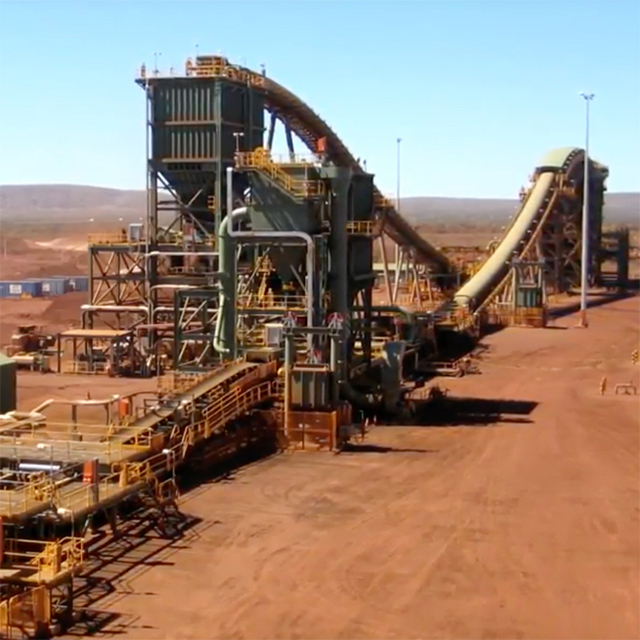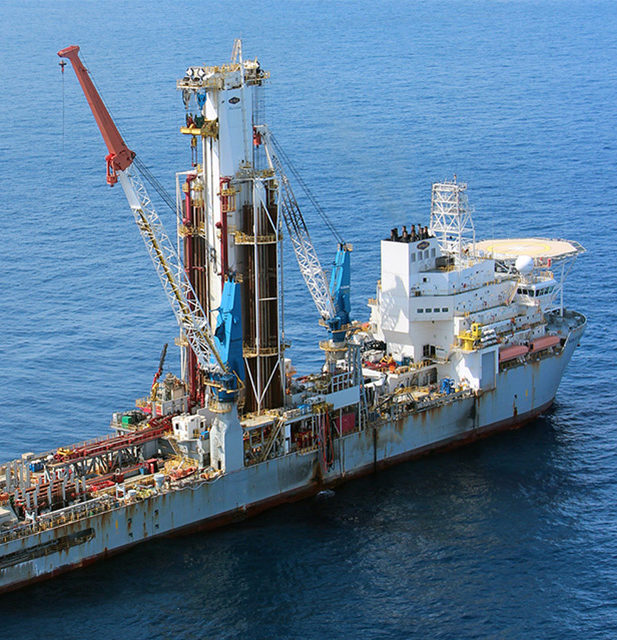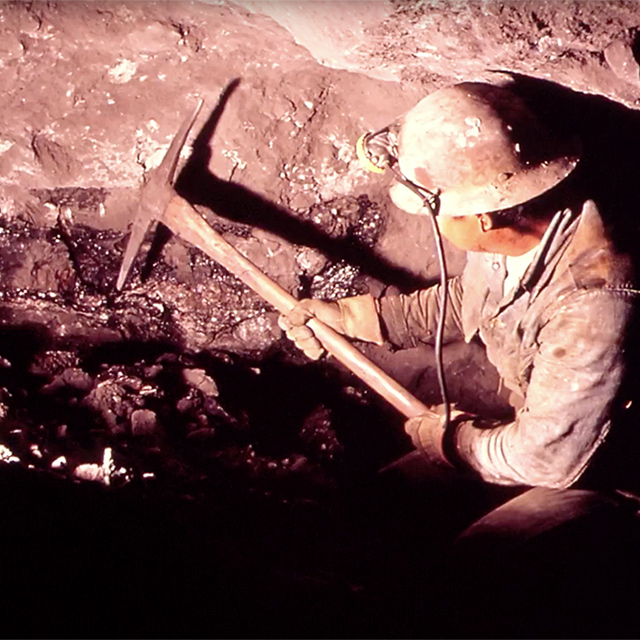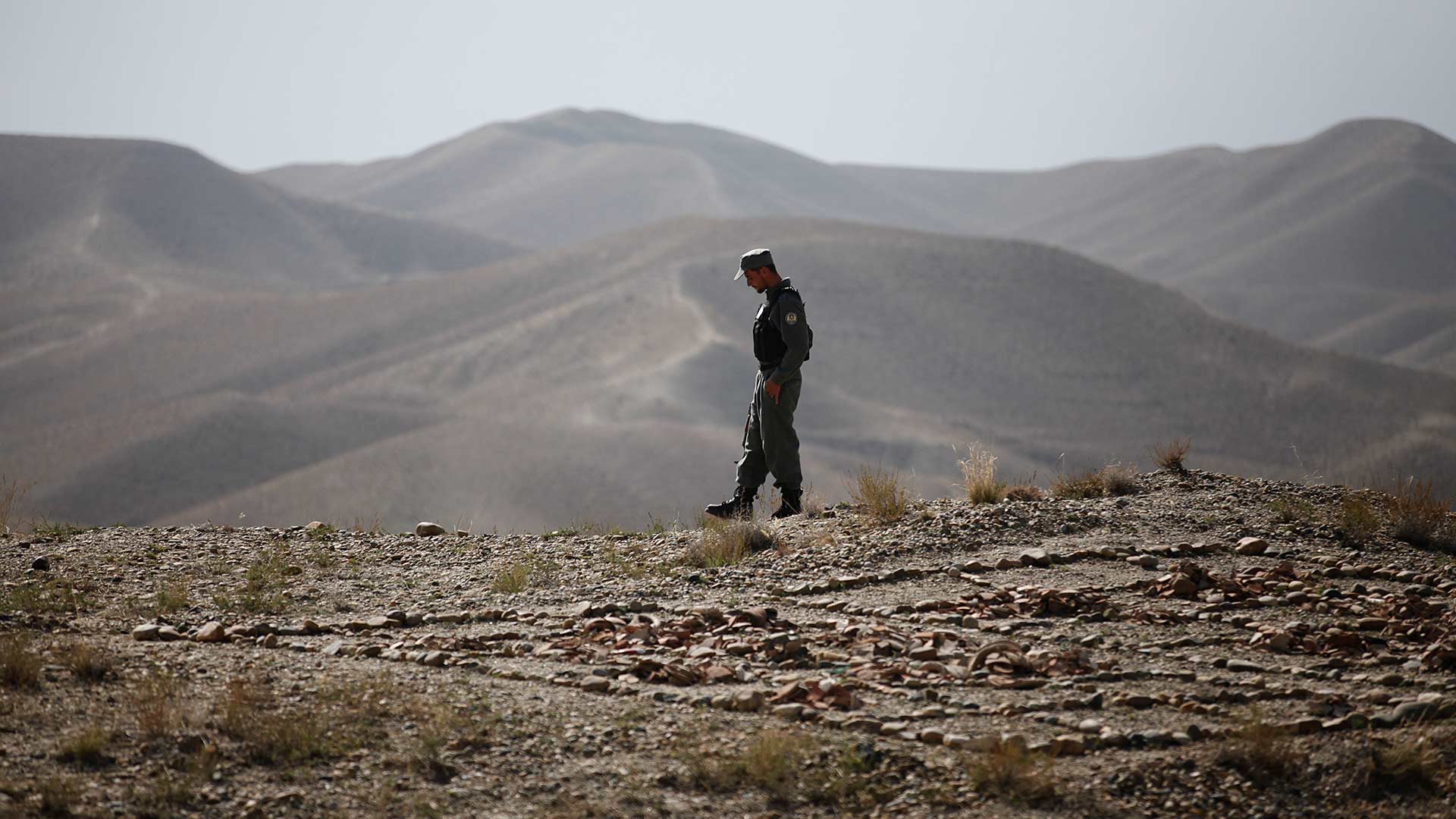12 modules, accessible at any time
4-6 hours per module
English
English, Français, Español, Pусский, العربية
English, Pусский
None
An internet connection to access course materials
sustainable development outcomes?

natural resource wealth?

long term economic development?

sustainable natural resource management?

Overview
This course is self-paced – you can enroll immediately and complete the course materials at any time before August 31, 2025.
structure
- Pre-recorded lectures
- Readings
- Quizzes and final exam
- Discussion forum
Lead Faculty
-
Faculty Image
Jeffrey Sachs
Columbia University
-
Faculty Image
Patrick Heller
Natural Resource Governance Institute
-
Faculty Image
Lisa Sachs
Columbia Center on Sustainable Investment
-
Faculty Image
Paul Collier
University of Oxford
-
Faculty Image
Alexandra Gillies
Natural Resource Governance Institute
-
Faculty Image
Daniel Kaufmann
Natural Resource Governance Institute
-
Faculty Image
Mark Moody-Stuart
Foundation for the Global Compact
-
Faculty Image
Antonio Pedro
United Nations Economic Commission for Africa
-
Faculty Image
Carole Nakhle
Crystol Energy
-
Faculty Image
Cielo Magno
University of the Philippines
This course is for
Sustainable development practitioners – as well as private-sector actors, such as those who work in corporate sustainability and responsibility or renewable energy – who need to understand the historical context and evolution of the extractives industry
Extractive practitioners, such as those who work in oil, gas, and mining, who are interested in making the field more sustainable
Graduate students and advanced undergraduate students studying extractives, environmental science, environmental law, sustainable development, sustainable business, and related fields
Climate change activists or practitioners looking to understand the balance of sustainable resource use and business investment
Questions?
-
Course team
courses@sdgacademy.org
Course logistics and requirements
This course is self-paced. All course components are available now and can be completed at any time that is convenient for the students. Please note that this course is not facilitated by a course team. We encourage students to engage with one another via the discussion forum. Any specific questions can be sent to the SDG Academy team at courses@sdgacademy.org.Certificates
Learners who successfully complete the course will be eligible to purchase a Verified Certificate signed by the course instructors.syllabus
Module 1: Challenges and opportunities
Introduction to the course
Short history of oil, gas, and mining
Challenges and opportunities of oil, gas, and mining
The decision chain of natural resource management (I)
The decision chain of natural resource management (II)
Module 2: Political economy of natural resources
Introduction to Module 2
How natural resources shape and are shaped by political context
Corruption trends in the extractive sector
International governance initiatives
Natural resources and the broader governance framework
Transparency and accountability
(Optional) Towards evidence-driven policy reform using the Resource Governance Index
Module 3: Fundamentals of oil, gas, and mining: Industry considerations and policy implications
Introduction to Module 3
From oil well to car — market, players, and extraction process in oil
From mine to mobile phone — market, players, and extraction process in mining
How a company decides to invest in a project
The project development process
Evolving technology
(Optional) Fundamentals of energy and petroleum
Module 4: Legal overview
Introduction to Module 4
Legal and regulatory frameworks for extractive industries
Allocation of rights
Implementation and monitoring of legal frameworks
International law and the extractive industries
State-owned enterprises: Role and governance
(Optional) Regional harmonization: Case studies from Africa
Module 5: Fiscal regime design and revenue collection
Introduction to Module 5
Resource economics and fiscal regime principles
Fiscal instruments I: Royalty/tax systems
Fiscal instruments II: Contract-based systems
Fiscal regime implementation
Module 6: Anticipating and managing environmental issues
Introduction to Module 6
Environmental challenges and trends: Oil and gas
Environmental challenges and trends: Mining
Managing environmental challenges
Extractives and climate change
Environmental impact assessments and environmental due diligence
Module 7: Community rights
Introduction to Module 7
Social impact and engagement
Human rights and the global mining industry
Mining and vulnerable populations
Company-community agreements
Module 8: Artisanal mining
Introduction to Module 8
Introduction to artisanal and small-scale mining (ASM)
Challenges of ASM
ASM and gender
Tensions between artisanal and large-scale mining
Key opportunities and the way forward
Module 9: Revenue management
Introduction to Module 9
Challenges of revenue management
Policy responses: Savings, spending, public debt, and earmarking
Natural resource funds
Revenue sharing and decentralization
Module 10: Investing in sustainable development: Economic linkages to the extractives sector
Introduction to Module 10
Introduction to economic linkages
Local employment
Local procurement
Enabling technology transfer
Downstream linkages
Module 11: Investing in sustainable development: Looking beyond extractives
Introduction to Module 11
Investing in investing
Leveraging extractive industries for infrastructure
Resource-for-infrastructure deals
(Optional) Integrated spatial planning
Module 12: Cross-cutting considerations and looking ahead
Introduction to Module 12
Political tripod and authorizing environment
Engaging citizens
Aligning extractive industries with the Sustainable Development Goals
Course wrap-up



